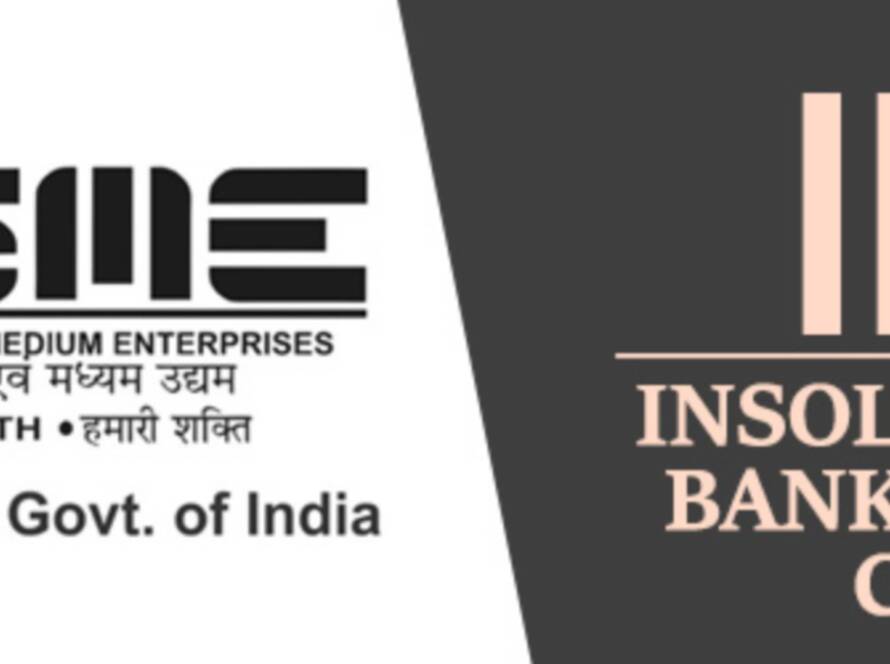Modification of Award while hearing Section 34 petition under Arbitration & Conciliation Act, 1996 not permissible
By Purazar Fouzdar, Partner and Ruddhi Bhalekak, Associate
S.V. Samudram vs. State of Karnataka & Anr Corum- J. Sanjay Karol
Issue for consideration: Whether the High Court of Karnataka (Dharwad Bench) was justified in confirming the order dated 22nd April 2010 passed by Senior Civil Judge whereby the award passed by the Ld. Arbitrator was modified and the Respondents were directed to pay a reduced amount of Rs. 3,71,564 as award? Brief facts: The Claimant-Appellant had filed the claim of Rs. 18,06,439/- before the Ld. Arbitrator. Following the arbitral proceedings, an award was passed in the Appellant’s favour and out of the 11 claims 9 claims were awarded by the Ld. Arbitrator. Consequently, the Respondent preferred a petition under section 34 of the Arbitration & Conciliation Act (“A&C Act”) before the Senior Civil Judge to set aside the award on the ground that the award passed by the Arbitrator was not supported by sound reasoning and it was arbitrary in nature. While deciding the said petition, the Hon’ble Court inter alia held that the view of the Arbitrator that the Department was solely responsible for the breach of the contract cannot be accepted and thus modified the award. Upon such order being passed, the Claimant- Appellant challenged the order of the Senior Civil Judge before the High Court under section 37 of the A&C Act which in turn confirmed such modification. Thereafter the Claimant-Appellant filed the present civil appeal against the order of the High Court. Findings of the Court: The Hon’ble Supreme Court on 4th January 2024 while deciding the matter at hand reiterated the consistent approach taken by the Hon’ble Court that any court deciding a section 34 petition does not have any jurisdiction to modify the award and at best the award under challenge can set aside completely and parties can be directed to begin the arbitration de novo. Further, it was observed that the grounds for challenging the award are limited to the grounds mentioned in section 34(2) of the A&C Act. Furthermore, for clarity, the 2015 Amendment was considered which encapsulate the grounds mentioned under section 34 (2)(ii) of A&C Act that have been added with an object of minimal judicial intervention. The Court also placed reliance on the observations made in Associate Builders vs. DDA (2015) 3 SCC 49 wherein it stated that section 34 is to be read in conjunction with section 5 which makes it clear that an arbitration award is governed by Part I of the Arbitration & Conciliation Act, 1996 and can be set aside only on grounds mentioned under section 34(2) and 34(3) and not otherwise. Thus, the Courts have taken the aforesaid view for minimum judicial intervention with reference to arbitral awards in accordance with the provisions of section 5 of the A&C Act and UNCITRAL Model Law on International Commercial Arbitration (1985). In addition to the same, the Court held that the court cannot correct the errors of the arbitrator but can only quash the award and leave the parties to begin the arbitration de novo. With reference to the facts of present matter, the challenge made in the section 34 petition did not reflect sufficient reasons to intervene and in fact the Court undertook a re-appreciation of the matter and modified the order. Further, the Court in para 31 and 32 observed as below: “31. We find that the view taken by the Arbitrator is a plausible view and could not have been substituted for its own by the Court. 32. The reason assigned by the Court under Section 34 of the A&C Act to our mind, are totally extraneous to the controversy, to the lis between the parties and not borne out from the record. In fact, they are mutually contradictory.” It is pertinent to note that the above observations have been made by placing reliance on Delhi Airport Metro Express Private Limited vs Delhi Metro Rail Corporation Limited (2022) 1 SCC 131 and UHL Power Company Limited vs State of Himachal Pradesh pg116 SCC (2022) 4 SCC. Wherein in the latter case it was held that “If there are two plausible interpretations of the terms and conditions of the contract, then no fault can be found, if the learned arbitrator proceeds to accept one interpretation as against the other.” The Hon’ble Supreme Court opined that by confirming the modification of the award the High Court committed the very same mistake which the Court made under section 34 of the A&C Act. Further it was stated that the Court under Section 37 had only three options:- confirming the award of the Arbitrator
- Setting aside the award as modified under Section 34; and
- Rejecting the application(s) under Section 34 and 37.
– Purazar Fouzdar, Partner Ruddhi Bhalekar, Associate




